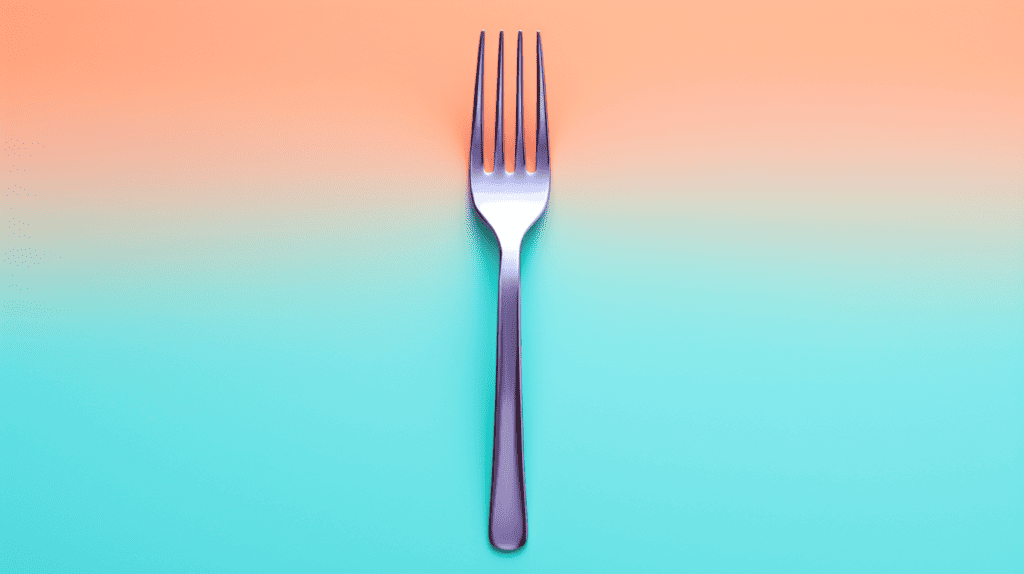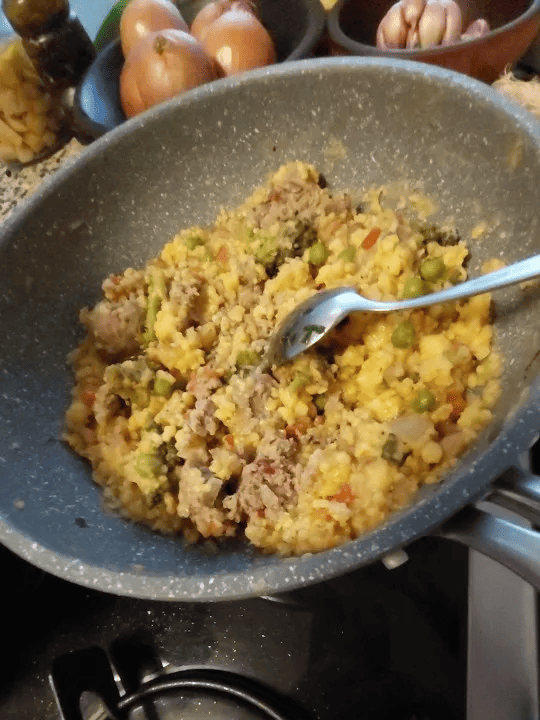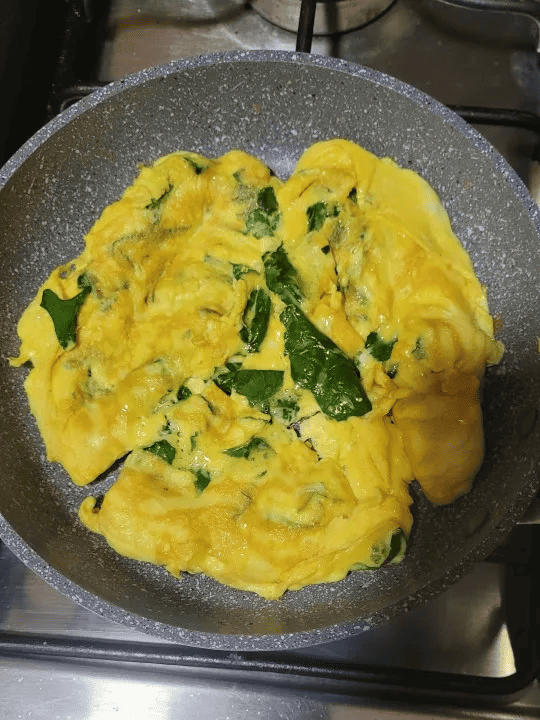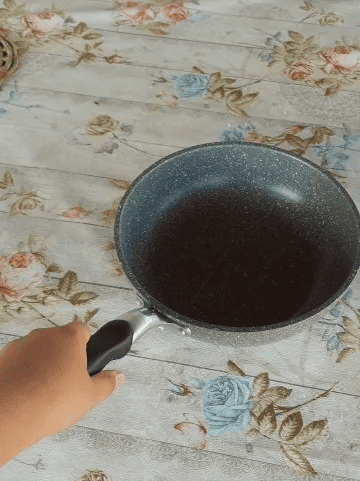
Putting metal in the fridge is a common practice that many people do without thinking twice. However, there are some potential risks associated with this action that you should be aware of. In this article, we will explore why you shouldn’t put metal in the fridge and what can happen if you do.
One of the main reasons why you shouldn’t put metal in the fridge is the potential risk of chemical reactions. Certain metallic substances, such as aluminum, can react with acidic or alkaline foods stored in the fridge, leading to a change in taste, color, or even harmful chemical compounds. Additionally, metal can cause scratches on the shelves and interior of the fridge that can lead to rust and mold growth. It can also damage the fridge seals, causing inefficient cooling and increased energy consumption.
Another reason why you shouldn’t put metal in the fridge is that it can react with the food, leading to off-flavors, discoloration, and even food poisoning. This is especially dangerous if the food is quite acidic, such as fruits and tomatoes. Open metal cans should also not be stored in the refrigerator, as the iron and tin can seep into the foods and taint the flavor and in some cases cause negative health effects. It’s important to be mindful of what you put in your fridge to ensure the safety and quality of your food.
The Science Behind Metal and Refrigeration
When it comes to storing food in the fridge, you might be tempted to use metal containers or wrap your food in aluminum foil. However, there are some risks associated with putting metal in the fridge that you should be aware of.
One of the main reasons why you shouldn’t put metal in the fridge is the potential risk of chemical reactions. Certain metallic substances, such as aluminum, can react with acidic or alkaline foods stored in the fridge, leading to a change in taste, color, or even harmful chemical compounds. This can potentially contaminate your food and make it unsafe to eat.
In addition, metal can easily transfer heat and cold, leading to temperature fluctuations that can spoil food. This is especially true for thin metal containers or aluminum foil, which can conduct heat and cold quickly. As a result, your food may not stay fresh for as long as it should, and you may end up wasting money on spoiled food.
Furthermore, putting metal in the fridge can also damage the refrigerator itself. Metal containers can scratch the interior of the fridge, which can lead to rust and other damage over time. This can be expensive to repair or replace, and it can also lead to food contamination if rust particles get into your food.
Overall, it’s best to avoid putting metal in the fridge whenever possible. Instead, use glass or plastic containers that are specifically designed for refrigerator use. This will help keep your food fresh and safe to eat, while also protecting your fridge from damage.
Potential Damage to the Fridge
Putting metal in the fridge can potentially cause damage to the appliance, resulting in inefficient cooling and increased energy consumption. Here are some ways in which metal can damage your fridge:
- Damage to the Seals: Metal objects can scratch and damage the rubber seals around the fridge doors. These seals are essential for keeping the cool air inside the fridge and preventing warm air from entering. Damaged seals can cause the fridge to work harder to maintain the desired temperature, leading to higher energy bills.
- Interference with Magnetic Fields: Fridges use magnetic fields to keep the doors closed and the cool air inside. Metal objects can interfere with these magnetic fields, causing the doors to open slightly or not close properly. This can result in warm air entering the fridge, causing the temperature to rise and potentially spoiling your food.
- Chemical Reactions: Certain metals, such as aluminum, can react with acidic or alkaline foods stored in the fridge, leading to a change in taste, color, or even harmful chemical compounds. This can not only affect the quality of your food but can also damage the fridge’s interior.
To avoid potential damage to your fridge, it is best to avoid storing metal objects in the fridge. If you must store metal objects, make sure they are properly covered and do not come into contact with any food items. Additionally, make sure to clean the fridge regularly to prevent any buildup of metal particles or residue.
Effects on Food Quality
Storing metal in the fridge can have a significant impact on the quality of your food. Here are some of the potential effects:
Flavor and Aroma
Certain metals can react with acidic or alkaline foods stored in the fridge, leading to a change in taste, color, or even harmful chemical compounds. For example, aluminum can react with acidic foods like tomatoes and citrus fruits, causing a metallic taste and discoloration.
Texture
Storing metal containers in the fridge can also affect the texture of your food. Metal can conduct heat more efficiently than other materials, which can cause food to freeze or thaw unevenly. This can lead to changes in texture, such as ice crystals forming in frozen foods or softening of fresh produce.
Safety
In some cases, storing metal in the fridge can pose a health risk. Certain metals, such as lead or cadmium, can leach into food and cause poisoning. Additionally, storing open metal cans in the fridge can lead to the iron and tin seeping into the food, tainting the flavor, and causing negative health effects.
To ensure the best quality and safety of your food, it is recommended to store it in non-reactive containers such as glass or plastic. If you must use metal containers, make sure they are lined with a non-reactive material and are specifically designed for use in the fridge.
Safety Concerns
Putting metal in the fridge can pose various safety concerns. Here are some of the reasons why you should avoid storing metal in the fridge:
Chemical Reaction
When metal comes into contact with acidic foods, it can cause a chemical reaction that can contaminate the food. This is especially true for metals like copper and aluminum. These metals can react with acidic foods like tomatoes, citrus fruits, and vinegar, and cause the food to become discolored and taste metallic.
Increased Energy Consumption
Storing metal in the fridge can cause the appliance to work less efficiently. This is because metal is an excellent conductor of cold temperatures, and it can cause the fridge to release more cold air, resulting in increased energy consumption. Over time, this can lead to higher electricity bills and increased wear and tear on the fridge.
Risk of Injury
Storing sharp metal objects like knives and forks in the fridge can be dangerous. If you accidentally reach into the fridge and grab a sharp metal object, you could cut yourself. This is especially true if you have children in the house who may not be aware of the dangers of sharp objects.
Leaching of Toxins
Not all metals are safe to store in the fridge. Metals like lead, cadmium, and mercury can leach out of certain types of metal containers and into your food. This can be harmful to your health, especially if you consume contaminated food on a regular basis.
Overall, it is best to avoid storing metal in the fridge whenever possible. If you must store metal in the fridge, make sure it is in a sealed container and away from any acidic foods.
Alternative Storage Methods
If you’re looking for alternatives to storing your food in metal containers in the fridge, there are several options available that can help you keep your food fresh and safe.
Glass Containers
Glass containers are a great alternative to metal containers because they are non-reactive and won’t affect the taste or quality of your food. They are also easy to clean and can be used in the fridge, freezer, and microwave.
Plastic Containers
Plastic containers are also a good option for storing food in the fridge. Look for containers that are BPA-free and labeled as safe for food storage. Avoid using containers that are cracked or damaged, as they can harbor bacteria and other harmful microorganisms.
Silicone Bags
Silicone bags are a relatively new option for food storage, but they are becoming increasingly popular. They are reusable, easy to clean, and can be used in the fridge, freezer, and microwave. They are also a great option for storing liquids and soups.
Beeswax Wraps
Beeswax wraps are a natural and eco-friendly alternative to plastic wrap. They are made from cotton fabric coated in beeswax, and can be used to wrap food items like cheese, fruits, and vegetables. They are also reusable and easy to clean.
Paper Bags
Paper bags are a good option for storing fruits and vegetables in the fridge. They allow air to circulate, which can help prevent moisture buildup and keep your produce fresh for longer. Just be sure to label the bags with the contents and date to avoid confusion.
Overall, there are many alternatives to storing your food in metal containers in the fridge. By using these alternative storage methods, you can keep your food fresh and safe without the risk of contamination or negative effects on taste and quality.
Conclusion
In conclusion, it is not recommended to put metal in the fridge due to the potential risks of chemical reactions that can contaminate your food. While certain types of metal may be safe to store in the fridge, it is best to err on the side of caution and avoid putting any metal in the fridge altogether.
If you must store metal in the fridge, make sure it is cool to room temperature before refrigerating and warm to room temperature before cooking. Additionally, wrap pots or use lids for optimal preservation, and properly clean and maintain metal containers.
Remember that the fridge is designed to keep food fresh and safe to consume. Putting metal in the fridge can compromise the quality and safety of your food, as well as damage your appliance. It is always better to follow best practices for food storage and handling to ensure the health and well-being of you and your family.
Overall, it is important to be mindful of the potential risks associated with storing certain items in the fridge. By taking the necessary precautions and following best practices, you can keep your food fresh and safe to eat, and your appliance in good working order.
Frequently Asked Questions
Can you store food in stainless steel pots in the fridge?
Yes, you can store food in stainless steel pots in the fridge. However, it is important to note that stainless steel is a good conductor of heat and cold, so it can cause the food to cool down faster. Also, acidic foods can react with the metal and cause discoloration or a metallic taste.
Can you store food in aluminum pans in the fridge?
Yes, you can store food in aluminum pans in the fridge. However, it is important to note that aluminum is a soft metal and can react with acidic foods, causing discoloration or a metallic taste. It is also not recommended to store highly acidic foods in aluminum pans for extended periods of time.
Is it bad to leave a metal spoon in food in the fridge?
No, it is not bad to leave a metal spoon in food in the fridge. However, it is important to cover the food with a lid or plastic wrap to prevent it from drying out or absorbing odors from other foods in the fridge.
Can you put non-stick pans in the fridge?
Yes, you can put non-stick pans in the fridge. However, it is important to let the pan cool down to room temperature before placing it in the fridge to prevent warping or damage to the non-stick coating.
Can you put metal water bottles in the fridge?
Yes, you can put metal water bottles in the fridge. However, it is important to note that the metal can transfer heat or cold, which can cause the water to warm up or cool down faster. It is also recommended to use a bottle with a lid or cap to prevent the water from absorbing odors from other foods in the fridge.
Can you store food in disposable aluminum pans in the fridge?
Yes, you can store food in disposable aluminum pans in the fridge. However, it is important to note that disposable aluminum pans are not as durable as regular aluminum pans and can easily bend or warp. It is also not recommended to store highly acidic foods in disposable aluminum pans for extended periods of time.



